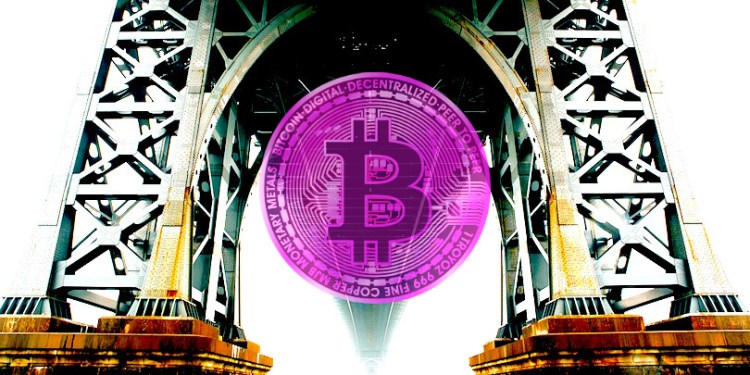The CEO of Zebpay, formerly the largest cryptocurrency exchange in India before it was forced to relocate last year amidst the country’s widespread crypto crackdown, is warning that nearly half a billion dollars in Bitcoin could hit the market if a ban is approved in India, according to a new report.
Last month, an Indian lawyer who specializes in blockchain leaked a draft bill called “Banning of Cryptocurrency & Regulation of Official Digital Currencies,” which is allegedly being considered by lawmakers in the country. The document states that “no person shall mine, generate, hold, sell, deal in, issue, transfer, dispose of or use cryptocurrency in the territory of India.”
The fintech-focused outlet Micky reports that Zebpay CEO Ajeet Khurana believes if the bill were to pass, it could trigger a sell-off of 40,000 Bitcoin, which is worth about $477 million at time of publishing.
“Zebpay accounted for around two-thirds of all cryptocurrency trading volume in India and based on his inside knowledge, Khurana estimates the total amount of legitimate Bitcoin in ‘light pools’ in India to be around 40,000 with an unknown amount – perhaps another 20,000 BTC – in black market ‘dark pools.’
He says the total value of other cryptocurrencies in India would be about 1.5 times that of Bitcoin. This would also hit markets in the event of a ban.’
Khurana says the sell-off would likely happen over the course of a few months, which could mitigate its impact on the price of BTC.
“So if that is the case, and we’re talking about double of that but spread across 90 days, it may not do much because of the sheer volume. It may have a dampening effect on the mood.
I think the market has the capacity to absorb a few thousand per day without slippage.”
According to Khurana, it would likely take years to pass the leaked legislation, and he believes the country will ultimately embrace Bitcoin and cryptocurrency.
“What I have found in my previous experiences with all innovations coming into the financial sector or technology sector, is that eventually, India turns reasonably liberal. They are not about banning it.
They are about regulating it in a fashion akin to how banks are regulated. A lighter version of that, maybe, but something along those lines.”
[the_ad id="42537"] [the_ad id="42536"]




